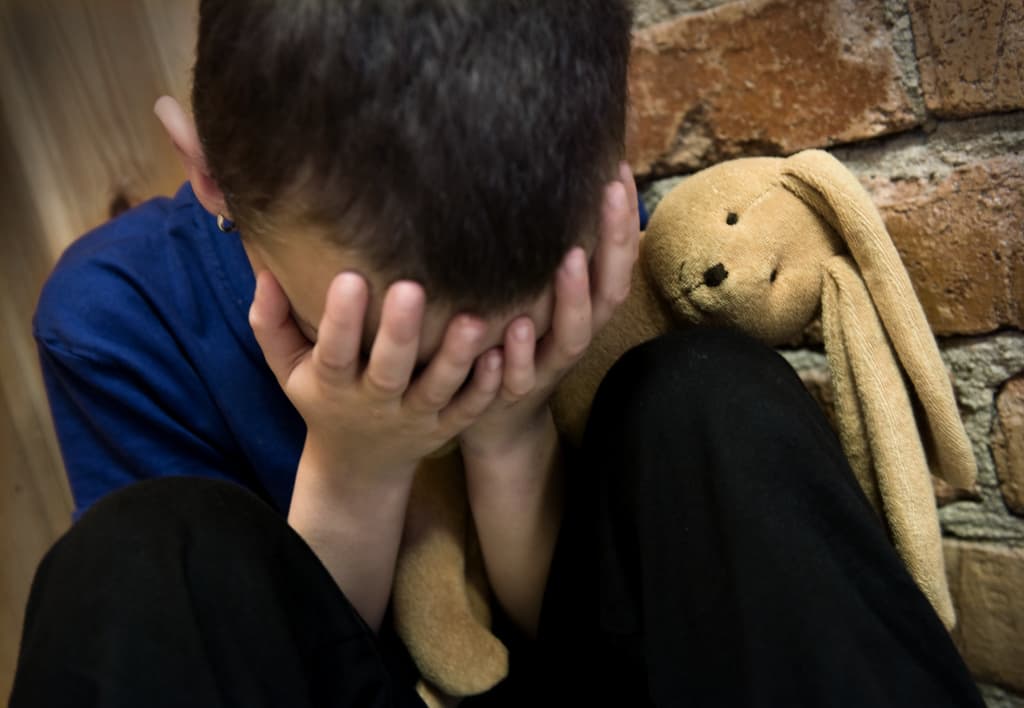In the study, researchers followed a large number of Americans from their teenage years and into adulthood. By using DNA markers, they found that individuals who had lost a parent, partner, sibling, or child at a young age had a higher biological age than those who had not experienced the loss of a loved one.
The results, published in the medical journal Jama Network Open, show that grief and bereavement wear down the body's tissues and potentially increase the risk of future health problems. However, the study also shows that social support and therapy can help alleviate the aftereffects of a death.
The loss of a close relative has an impact long before middle age, according to the study. The signs were completely absent in people without the same experience.
According to Allison Aiello, professor of epidemiology at Columbia University in New York, the death of someone in one's immediate vicinity is a "significant stress factor" and a life experience that is consistently linked to poorer mental health, cognitive decline, cardiovascular and metabolic problems, and premature death.
Our study shows that there is a clear link between experiencing bereavement from childhood through adulthood and biological signs of aging, she says to The Guardian.






